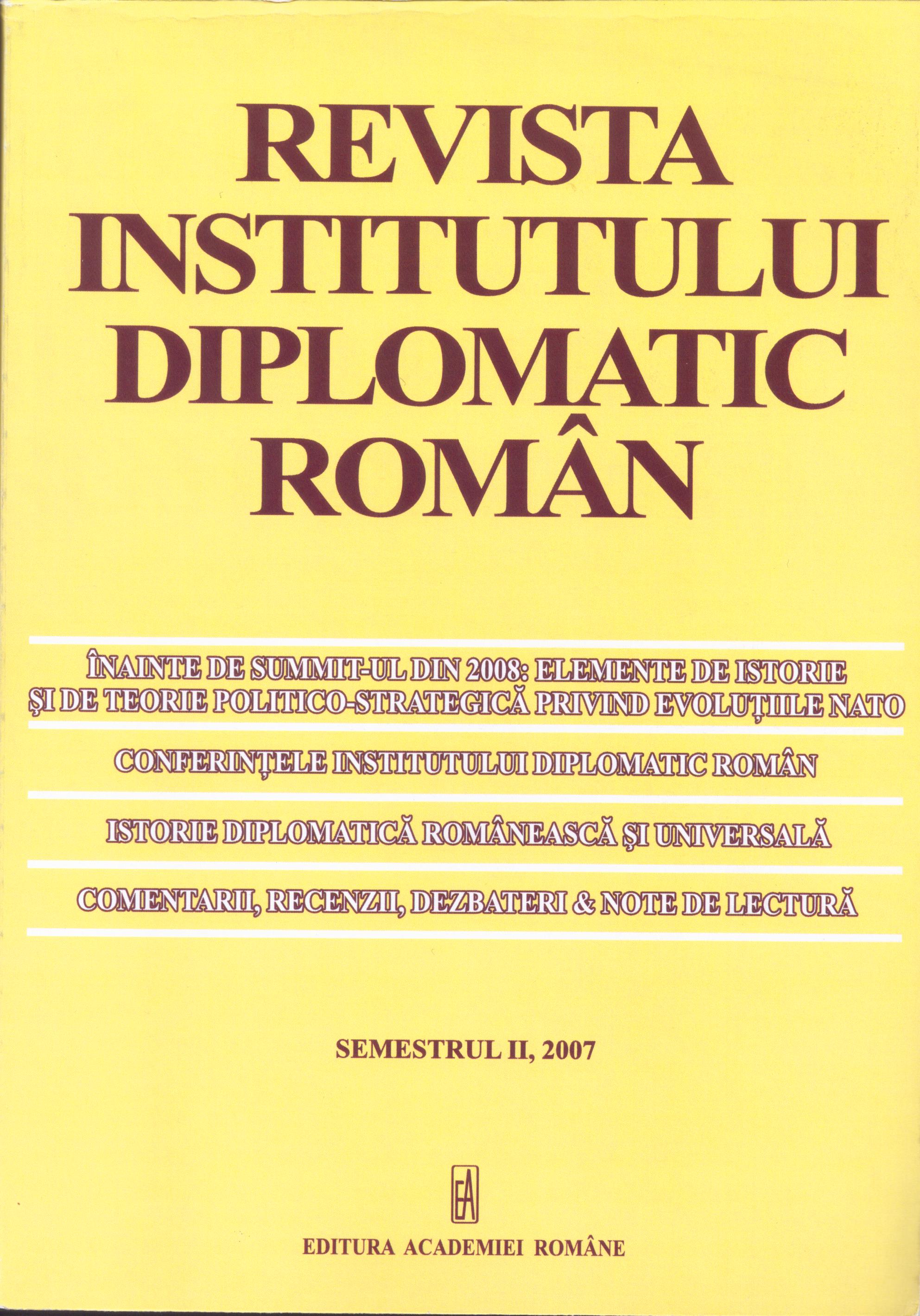
We kindly inform you that, as long as the subject affiliation of our 300.000+ articles is in progress, you might get unsufficient or no results on your third level or second level search. In this case, please broaden your search criteria.

In the article activity of boundary detachments of Podillya is examined in relation to implementation by them direct official duty vid creation to the moment when they were moved to the new borders as a result of historical circumstances.
More...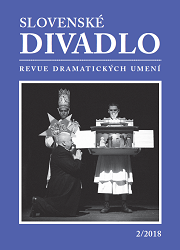
The study represents the life and artistic career of today’s almost forgotten theatre director Milan Svoboda (1883 – 1948). It is based on the extensive Svoboda estate, located in the Theatre Department of the National Museum. It follows the artist from his amateur beginnings in Roudnice nad Labem, through his career as a pedagogue at the Prague Conservatory, theatre director at the Slovak National Theatre, guest director at the National Theatre in Prague, to his post-war effort to create high-quality stage art in the border villages abandoned by the Germans. Thanks to the substantial and rich material found in his estate, the study demonstrates the conflict of creative ideals and the desire to seek an aesthetic beauty in a world within a regimented state, grand political scheming, critics and “progressive” theatrical colleagues.
More...
Antonín Hořejš was one of the most prominent opera critics working in Bratislava in the inter-war period. With his distinctive views, he often stood in sharp opposition to traditionalist efforts, viewing them as a threat to the artistic growth of modern Slovak culture. This year’s fiftieth anniversary of his death is a good occasion for an assessment of his contribution to musical theatre, which he followed from the establishment of the Slovak National Theatre to the beginning of the Second World War.
More...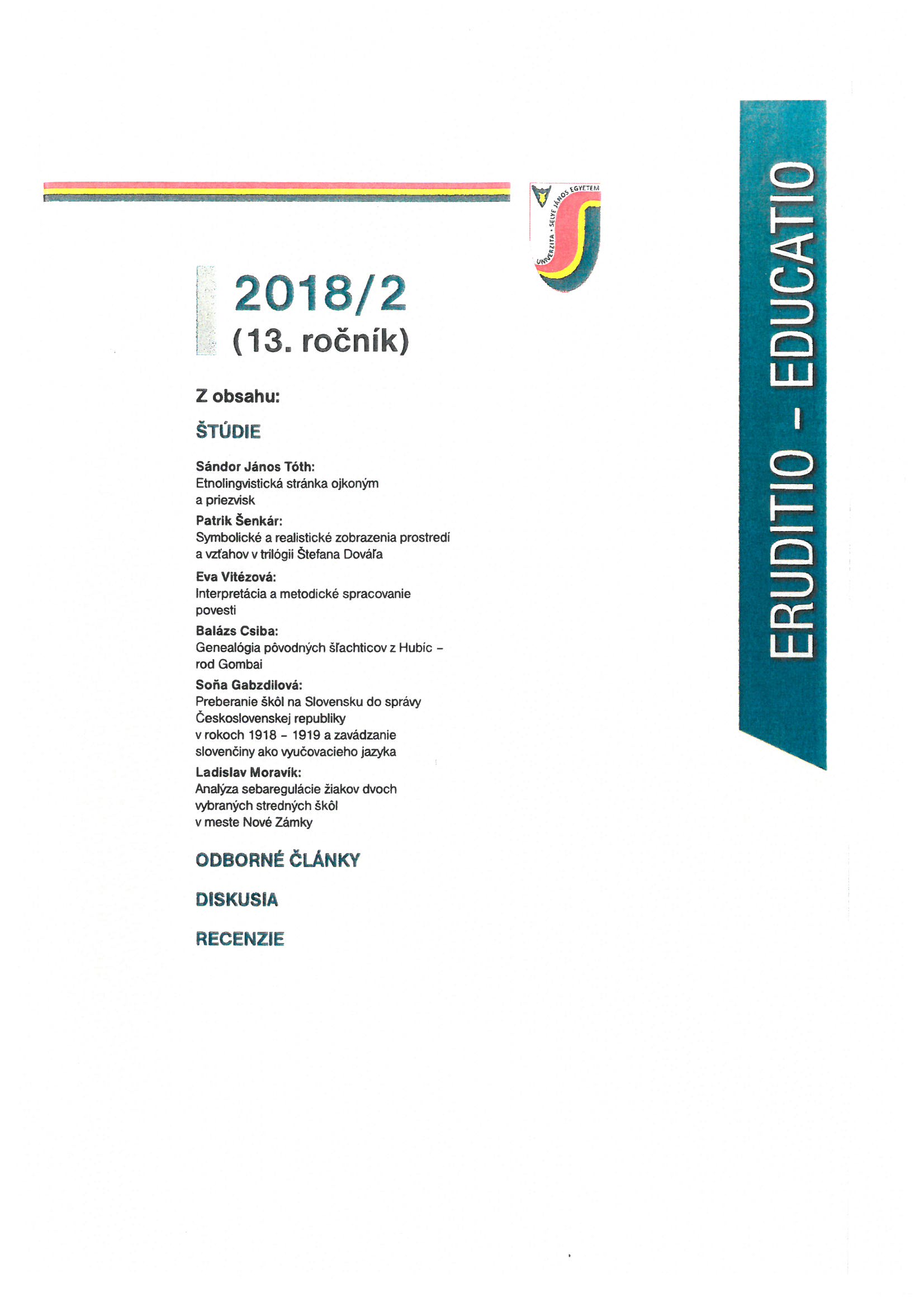
The paper deals with education in Slovakia after the downfall of the Austro-Hungarian Empire and the creation of the Czechoslovak Republic and points at the fact that Czechoslovak state authorities perceived Hungarian schools as the primary tool of Hungarization in Hungary. In Slovakia, with the exception of several elementary church schools, educational institutions with Slovak language of instruction did not exist. The paper describes the process of the radical establishment and the support of the creation of Slovak schools initiated in 1918, which was supposed to be the basis of the formation of Slovak national awareness and the Slovak elite. After the establishment of Czechoslovakia parallel with the introduction of Slovak as the language of instruction at schools, the number of Hungarian schools was reduced, which resulted in a significant decrease during the years of 1918 and 1919.
More...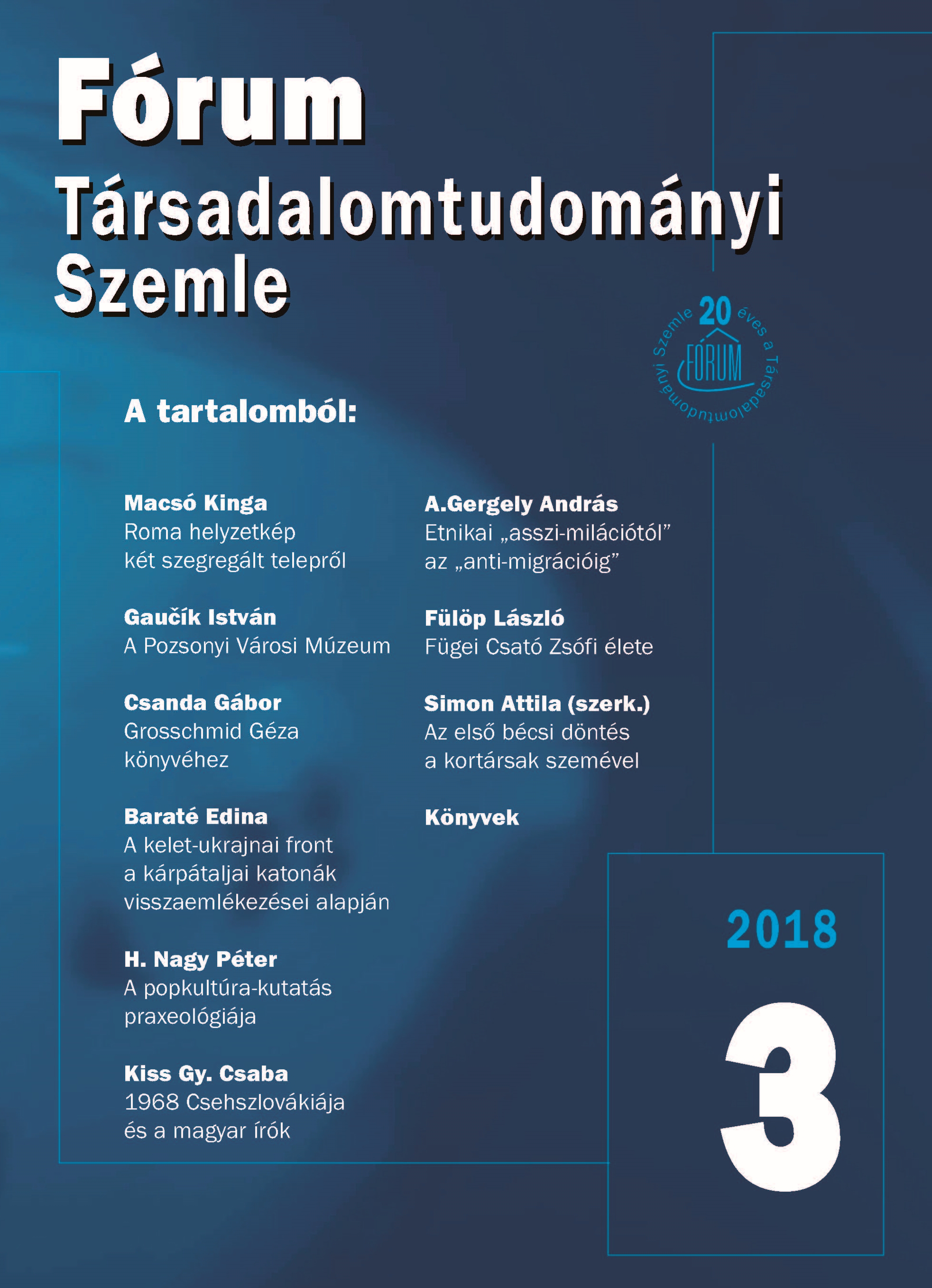
This paper is devoted to the writings and speeches of a Hungarian Christian Socialist politician in Slovakia, Senator Géza Grosschmid (1872–1934). The recently published volume mainly contents applicable news coverage of contemporary newspapers, first of all that of the Hungarian-language Prague daily, the Prágai Magyar Hírlap. By examining the press background, the paper as central question raises the issue of the senator´s retreatment and the possible causes of his relocation to Hungary.
More...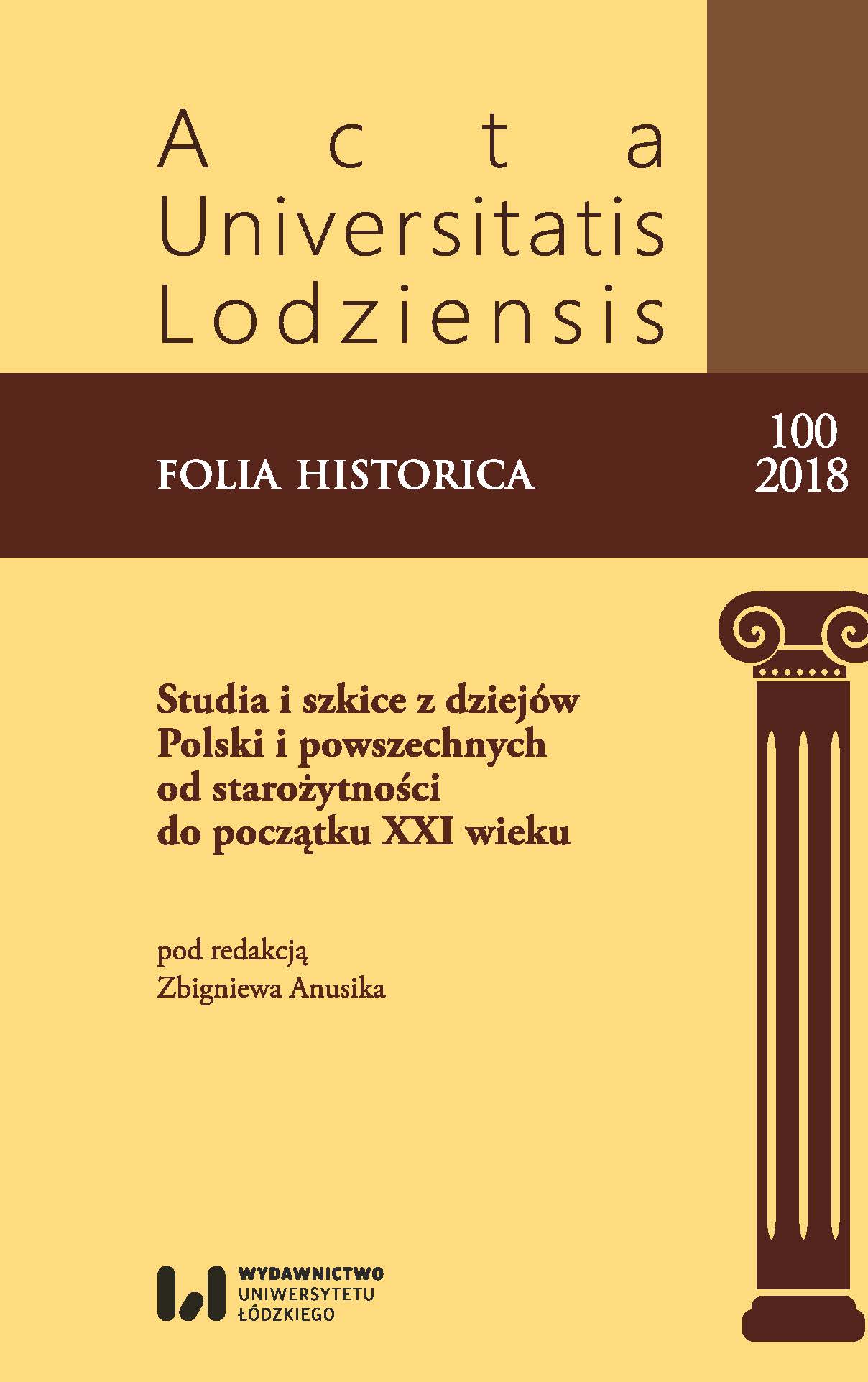
The interwar period was still a colonial era. The biggest empires were profiting from their colonies, but the younger countries, that arose after the first world war, were aspiring to gain some overseas areas. In that era Polish women were reading press articles, which were promoting the idea of Polish colonies. The texts provided for readers were rather factual. Press also used reprints of texts by polish and foreign explorers. At the same time, women travelers, such as Janina Olszewska, Romana Rezlerowa, Maria Olga Tchórznicka, or medical doctor N.Z. had visited African continent. They were relaying their experiences, at the same time emphasing the benefits from the colonial rule for local denizens and women’s position in African societies. That was a way of creating social acceptance and support for the idea of Polish colonies. At the same time because of the social upbringing of women travelers texts reflected how they perceived their realities. Okres międzywojenny to epoka kolonializmu. Największe mocarstwa czerpały zyski z kolonii, a nowo powstałe po I wojnie światowej państwa miały aspiracje do ich posiadania. W tej rzeczywistości Polki, czytając artykuły prasowe, poddawane były promocji idei polskich kolonii. Dostarczano im artykuły rzeczowe, a także przedruki tekstów polskich i zagranicznych odkrywców. Jednocześnie polskie podróżniczki, które odwiedzały kolonie w Afryce, jak Janina Olszewska, Romana Rezlerowa, Maria Olga Tchórznicka czy autorka pod pseudonimem N.Z., zdawały relacje podkreślające korzyści płynące dla lokalnej ludności wynikające z władzy europejskiego mocarstwa. Poza tym skupiały się na roli kobiety w afrykańskim społeczeństwie. W ten sposób artykuły były zarówno metodą kreowania społecznego poparcia dla idei polskich kolonii, jak i pokazywały jej działanie przez wpływ na postrzeganie afrykańskiej rzeczywistości wśród podróżujących Polek.
More...
The purpose of this article is to show the chaplain’s activity in the fight against sanitation. Opposition to the hero of this article against the government after the May coup was reflected mainly in his articles published in the interwar press. It should also be noted that the chaplain was a strong opponent of the 1926 May coup and the event was strongly condemned. In addition, the chaplain was an ardent and uncompromising patriot. The overriding goal for the chaplain was the good of the state based on democratic and sovereign principles. He was also an advocate of the emancipation of the Polish village and its inhabitants. Many valuable articles written by this chaplain were an impulse a clue to the then opposition. This opposition adopted an unwavering attitude to the ruling country. This article is characterized by an ideological and programmatic contribution to the development of the popular movement in the Second Polish Republic. In summary, the chaplain expressed his views on many political, social and national issues. However, over the years the chaplain’s attitude has evolved and his views have become more pragmatic at the time. This attitude was then mainly due threat of an outbreak of world armed conflict. Celem artykułu jest ukazanie aktywności księdza kapelana Józefa Panasia w walce z obozem sanacji. Stosunek kapelana do rządów pomajowych znajdował odzwierciedlenie przede wszystkim w jego artykułach publikowanych na łamach prasy ludowej okresu międzywojennego. Ksiądz kapelan był żarliwym i bezkompromisowym patriotą oraz zdecydowanym przeciwnikiem zamachu majowego z 1926 r. Wydarzenie to w sposób zdecydowany i jednoznaczny potępił. Nadrzędnym celem działalności ks. J. Panasia było dobro państwa, opartego na zasadach demokratycznych i suwerennych. Był też orędownikiem emancypacji wsi polskiej i jej mieszkańców. Wiele cennych i wartościowych tekstów pióra kapelana było także impulsem i wskazówką do niezłomnej postawy niektórych członków ówczesnej opozycji z rządzącymi. W artykule scharakteryzowano ideowo-programowy wkład J. Panasia w rozwój ruchu ludowego w okresie II Rzeczypospolitej. Ksiądz kapelan dawał wyraz swoim poglądom na wiele zagadnień politycznych, ustrojowych i narodowościowych. Jednakże z biegiem lat jego postawa wobec sanacji ewoluowała i jego ocena ówczesnej rzeczywistości stawała się bardziej liberalna i pragmatyczna. Wynikało to w dużej mierze ze zbliżającego się niebezpieczeństwa i realnej groźby wybuchu światowego konfliktu zbrojnego.
More...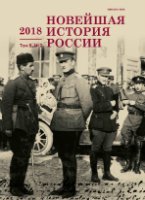
The publication is a study of General-Major A.M. Pospeev, consistently served in the Russian Imperial Army, in Soviet institutions, the Red Army, the two anti-Bolshevik armies east of Russia and then again in the Red Army. The connection of the issue considered in the article with the general historiography of the problem is presented. The basis of the source database of the study was unpublished documents of the early 1920s, stored in the funds of the Historical Archive of the Omsk Region and the archive of the Directorate of the Federal Security Service of Russia in the Omsk Region (they were first identified by the author of the work). Among them, the most informational potential for this study is the track record and the investigation documentation of the Soviet state security agencies. Thanks to these sources, the ambiguous biography of A.M. Pospeev was reconstructed, as far as possible, in detail. This publication may be of interest to a wide range of readers — researchers of the military history of Russia, Soviet society, the repressive policy of the Soviet state, as well as for specialists in the field of practical genealogy.
More...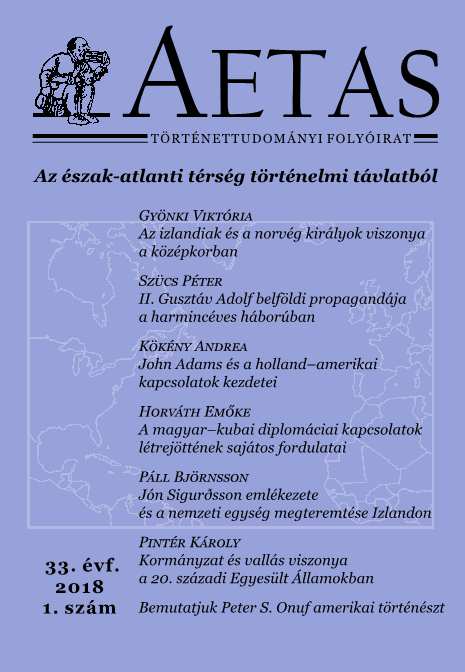
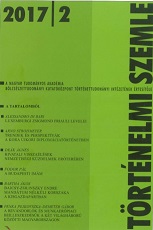
The paper explores the political career of Endre Bajcsy-Zsilinszky between 1936 and 1939, based mostly on hitherto unused press material, archival sources and a great number of memoirs. The contemporary views of the politician-publicist are examined with regard to such weighty issues as the first results of territorial revision, the first and second Anti-Jewish Laws, or the judgement of successive governments, prime ministers and ministers. A separate chapter examines the position of Bajcsy-Zsilinszky in the Smallholders’ Party, his relations to the “népi” (populist) movement, his eclectic ideology, conflicts and living conditions.
More...
The study aims at investigating the socio-demographic characteristics of immigrants arriving to Hungary and their integration into the labor market in the Interwar period. Based on the original data sheets (as the material remained unpublished) of the Central Statistical Bureau from 1930 we analyzed, whether the newcomers occupied separate niche, or there was a conflict between the indigenous and immigrant society for occupations. (Due to the lack of data we were unable to make temporal comparisons.) The results show, that the language skills (most of the investigated 81,000 people – or 1 % of the population – living in Hungary without Hungarian citizenship mastered the Hungarian language, even if they were not ethnic Hungarians) and religion helped the integration of this stratum (including their children born in Hungary), which was overrepresented in certain occupations.
More...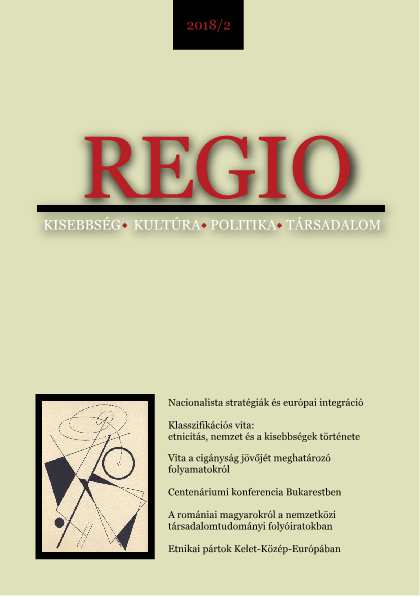




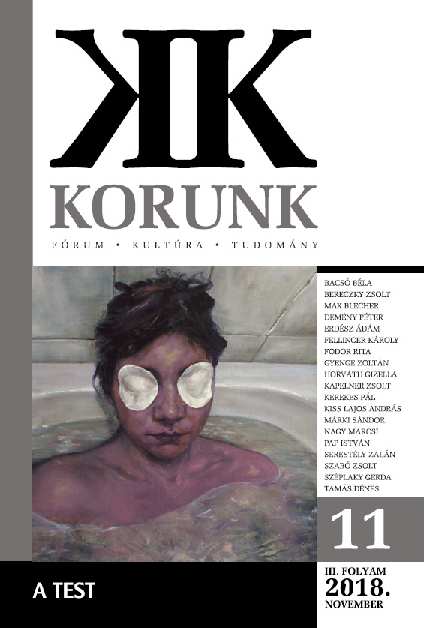
Fodor János: Bernády György. Politikai életrajz. Lector Kiadó – Dr. Bernády György Közmûvelõdési Alapítvány – Erdélyi Múzeum-Egyesület, Marosvásárhely–Kvár, 2017.
More...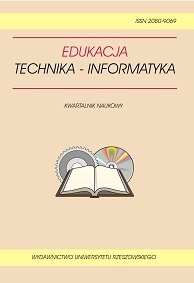
Intensive work leads to fatigue. After major exertion, we therefore need to rest. However, sometimes an overflow of work, and a lack of time related to that, preclude regeneration. Then, there appears an overload which can lead to numerous adverse health consequences. Schoolwork requires a lot of effort from students. If it is excessive, it then leads to an overload. Publicists from as early as the beginnings of the 20th century have drawn attention to the overload of adolescents from schoolwork and the negative consequences of that state. Nowadays, the breadth of knowledge passed onto students is increasing rapidly; and the development of new technologies provides more and more opportunities, however, it can also be a source of risks. When using them, one should remember to take care of both mental hygiene and the appropriate development of the young generation at the same time.
More...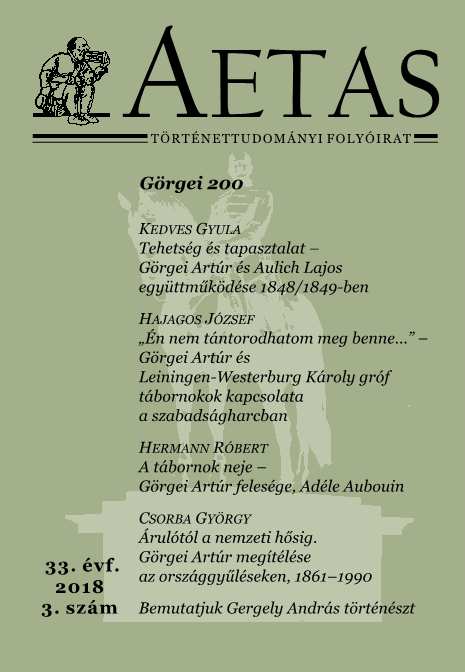
Dénes Tamás − Szegedi Péter: Az 1938-as magyar VB-ezüst, és ami mögötte van. Akadémiai Kiadó, Budapest, 2018. 416 oldal
More...